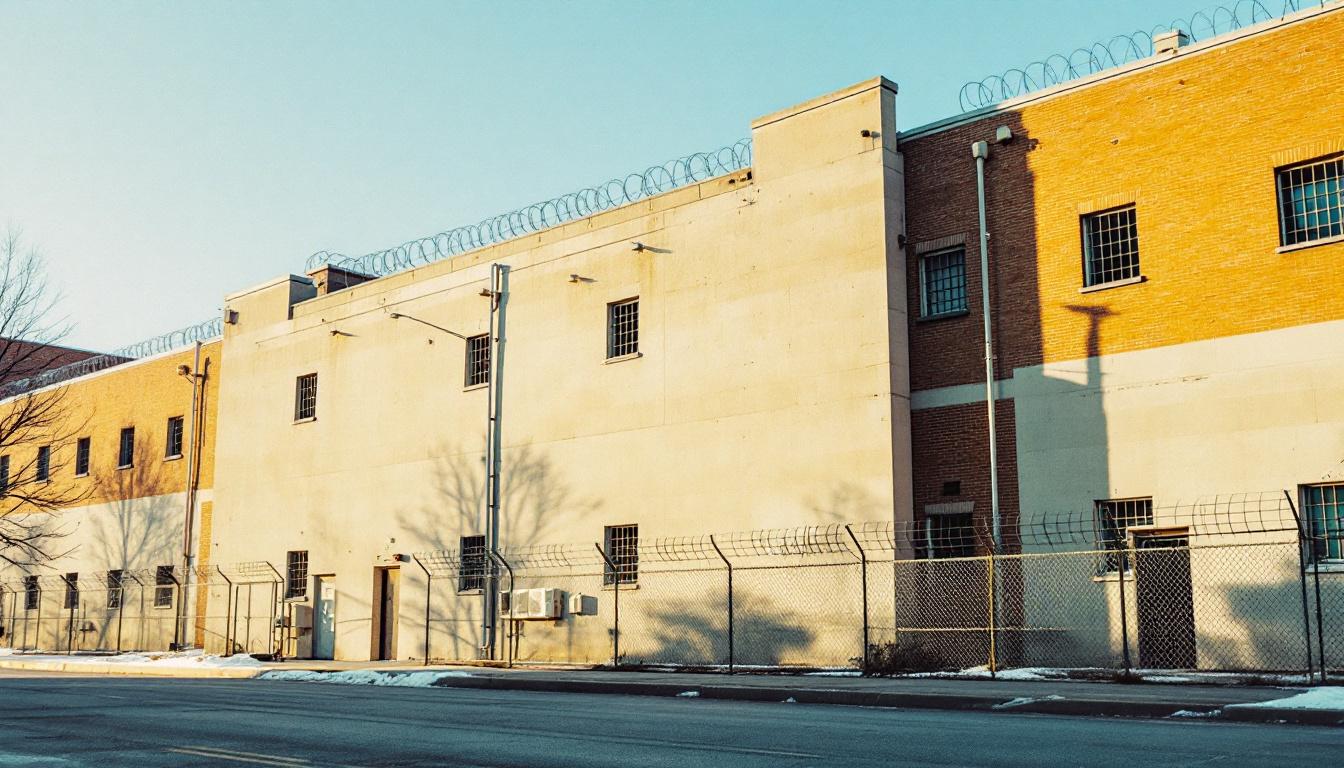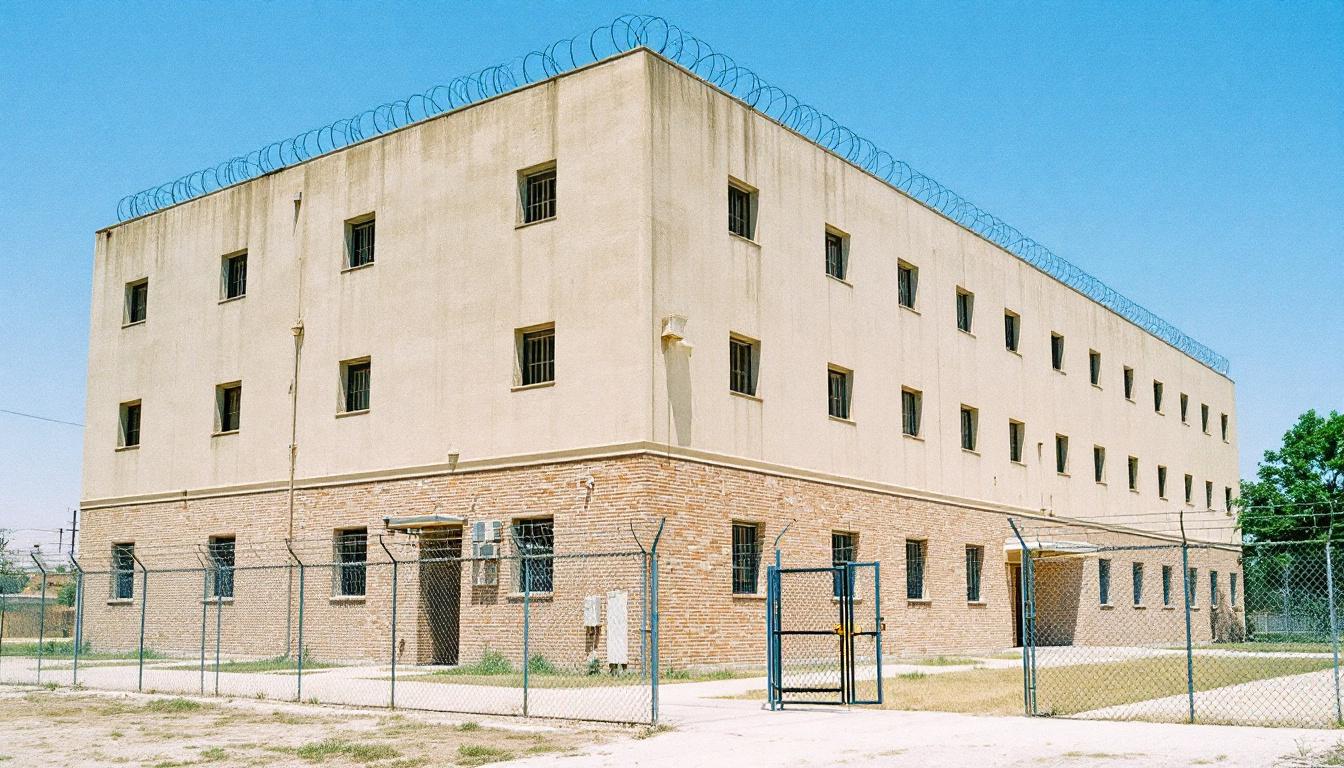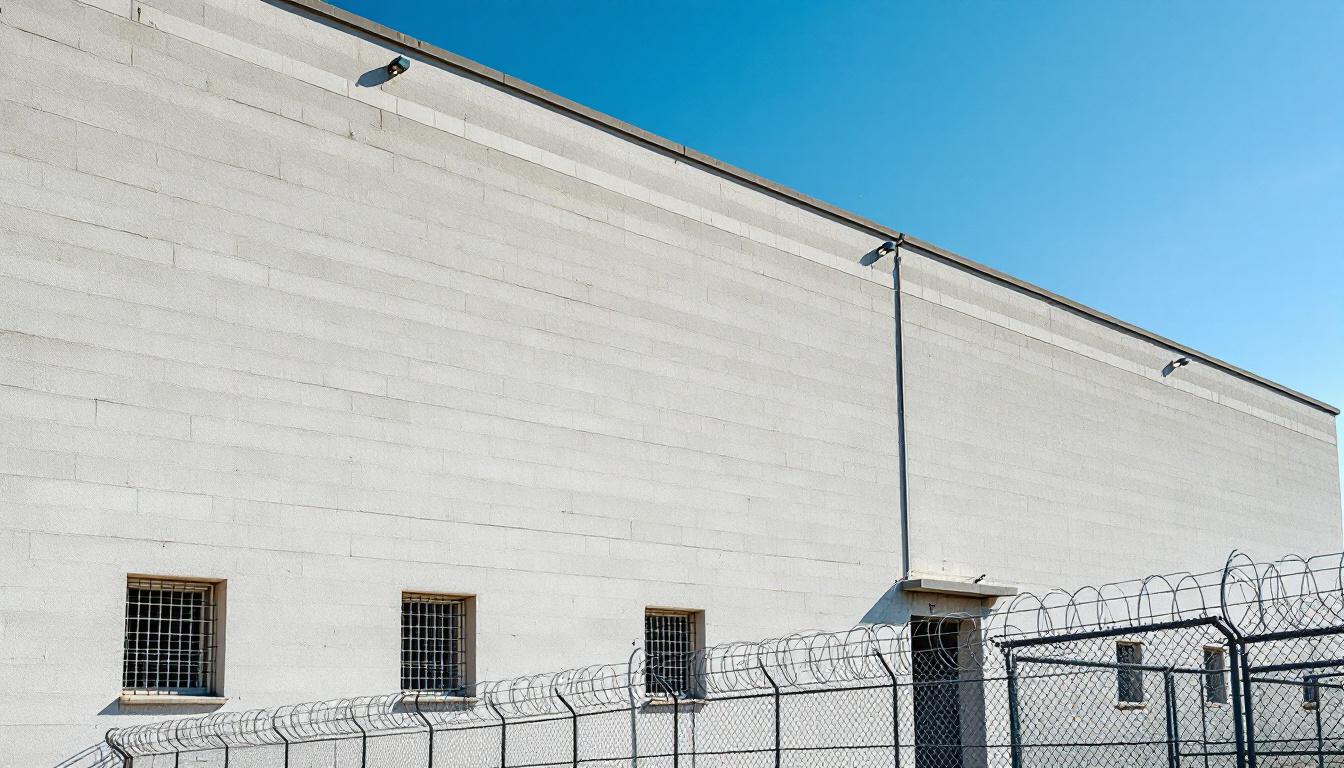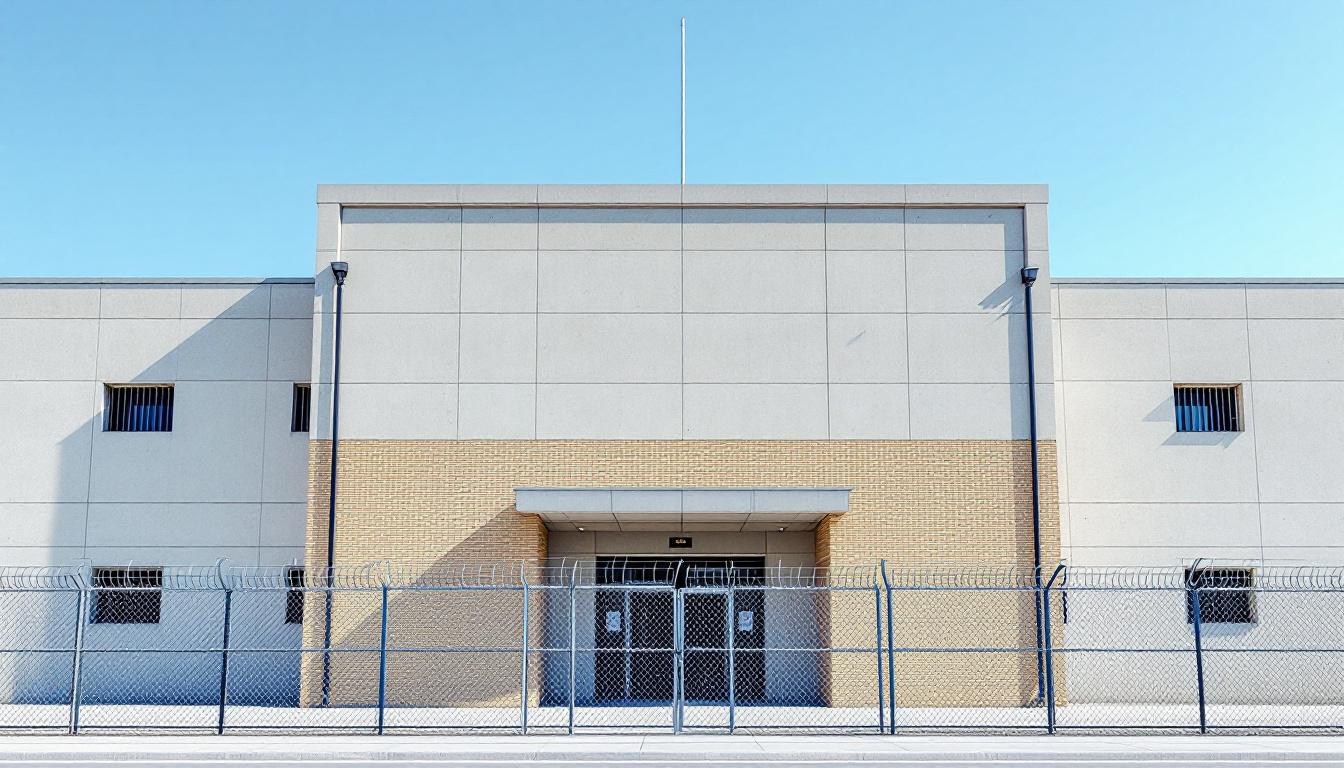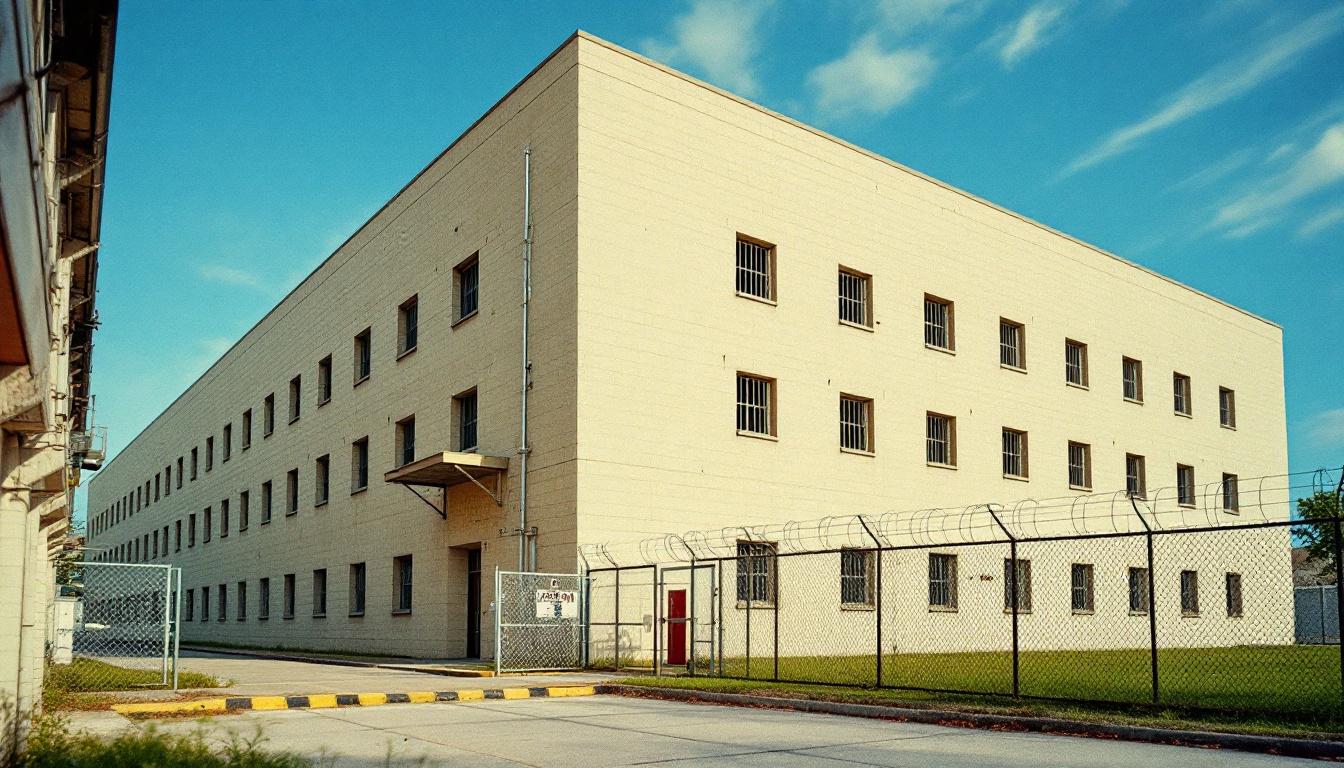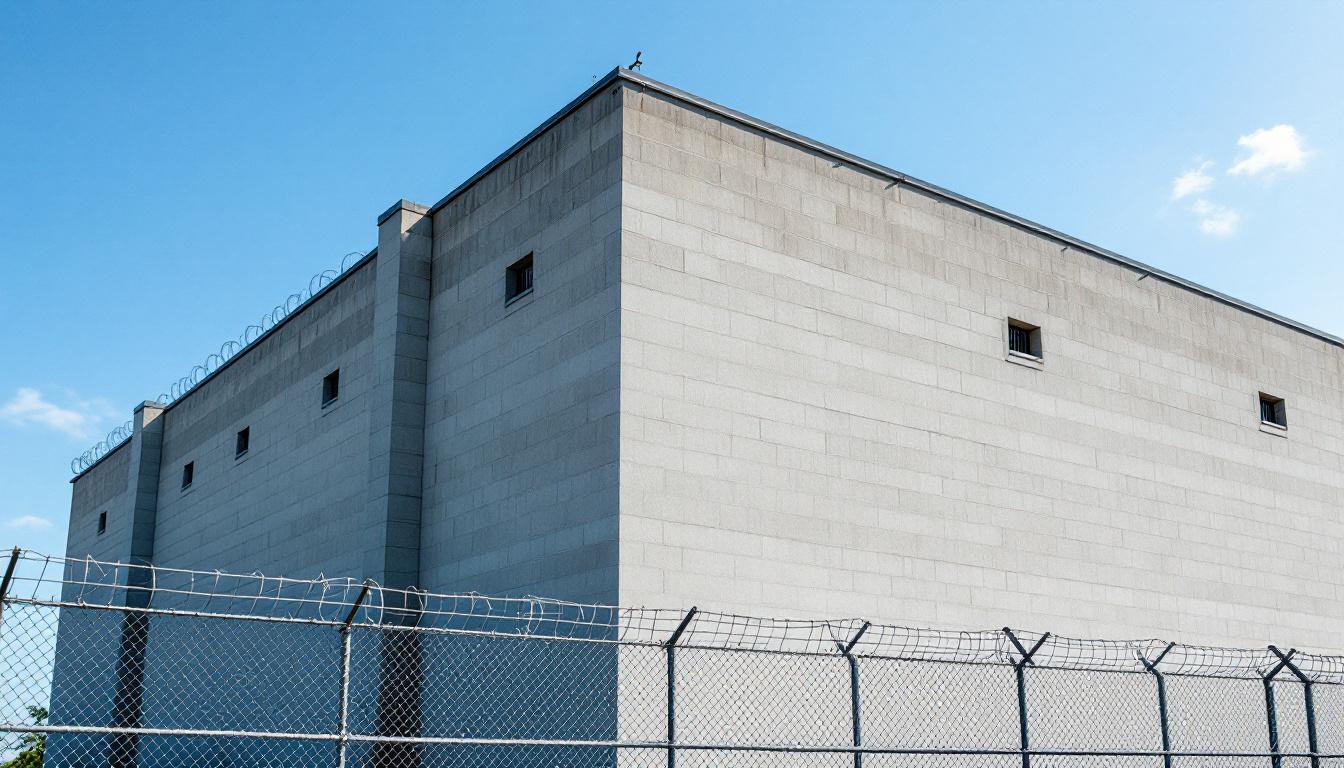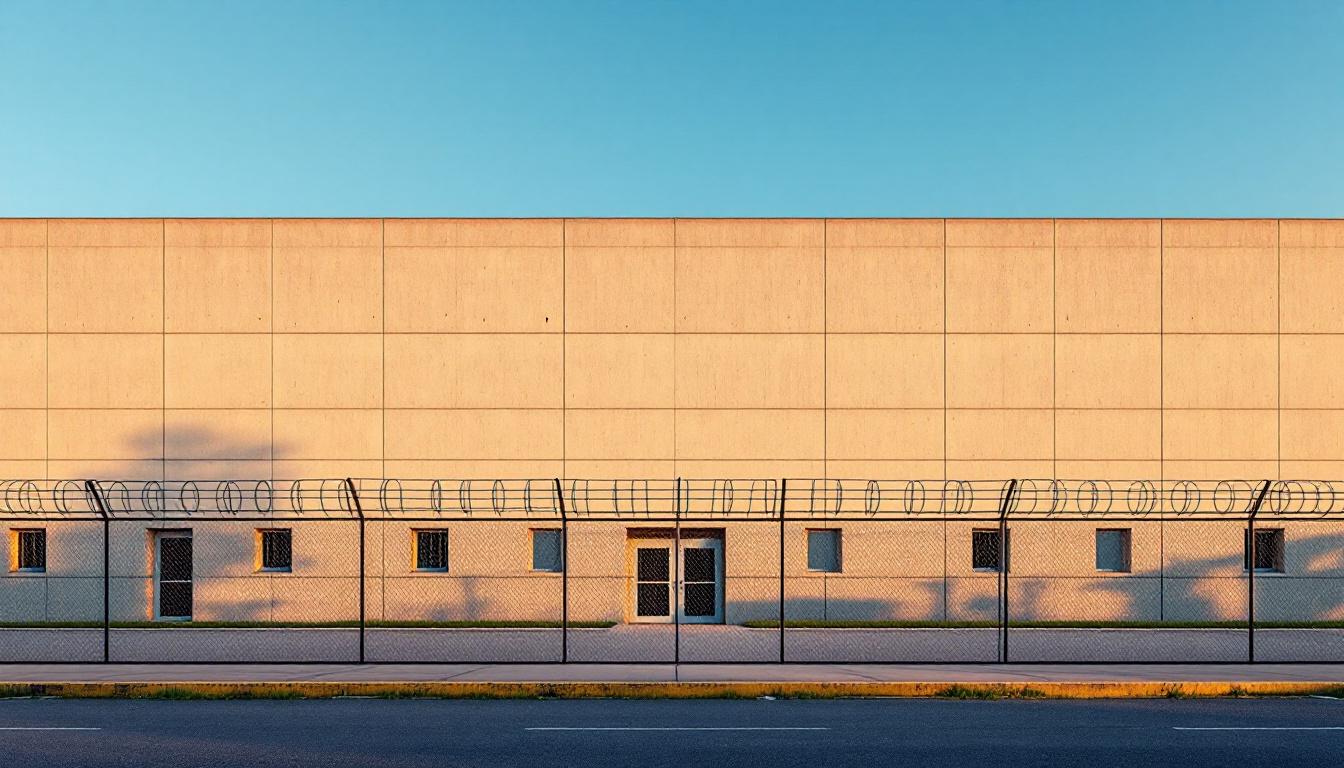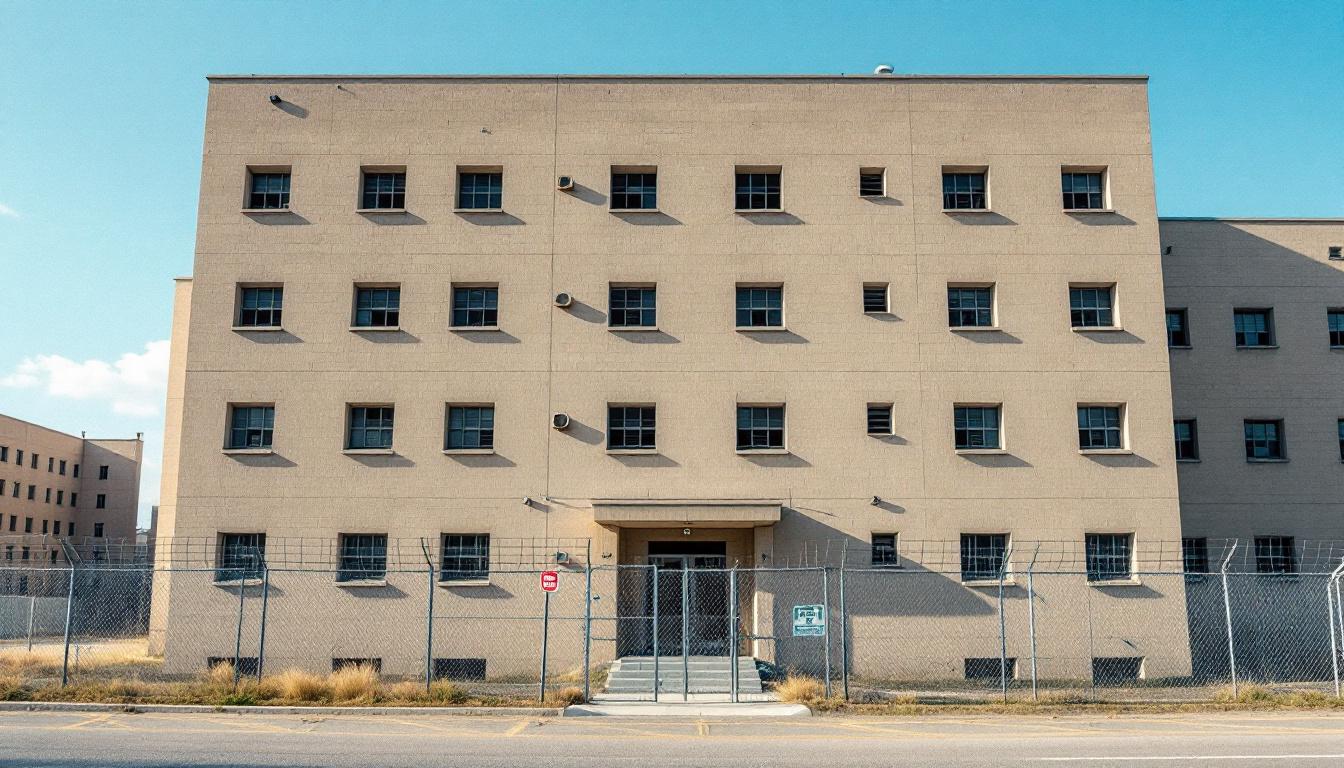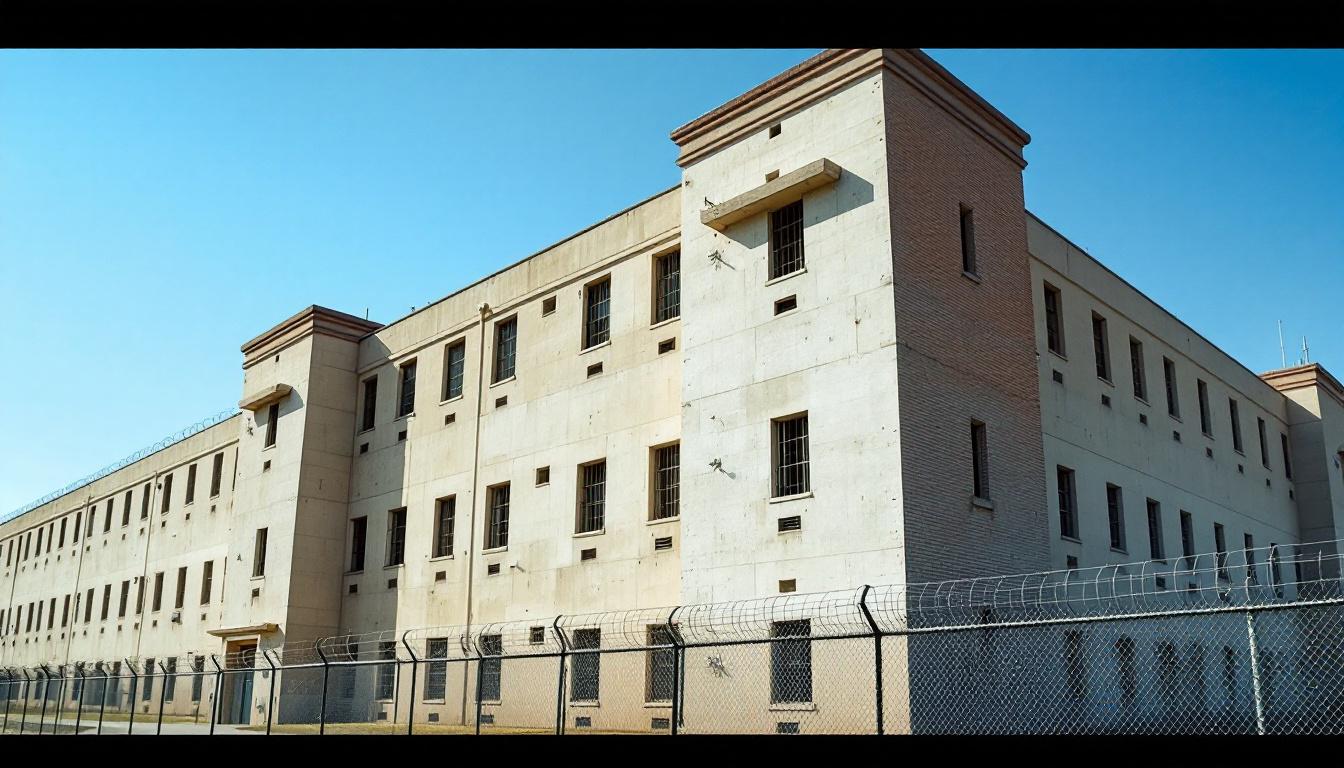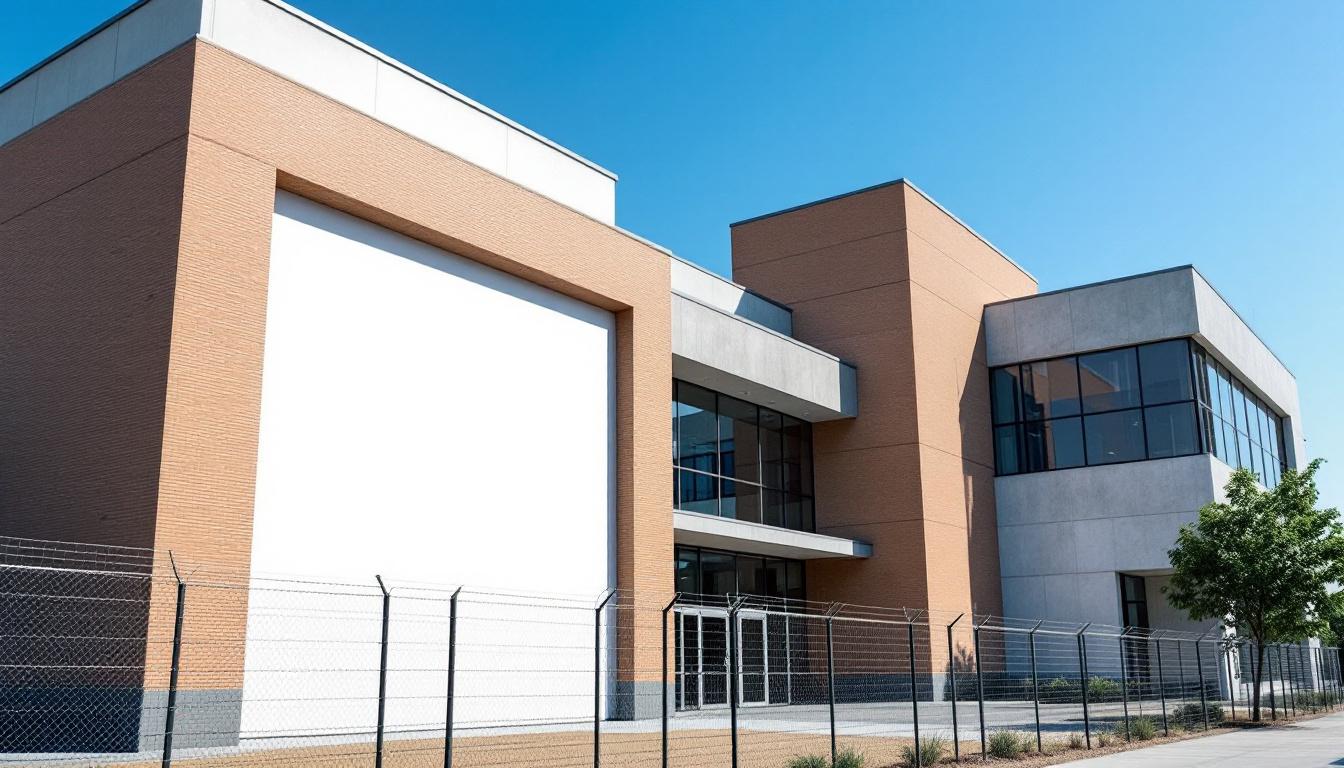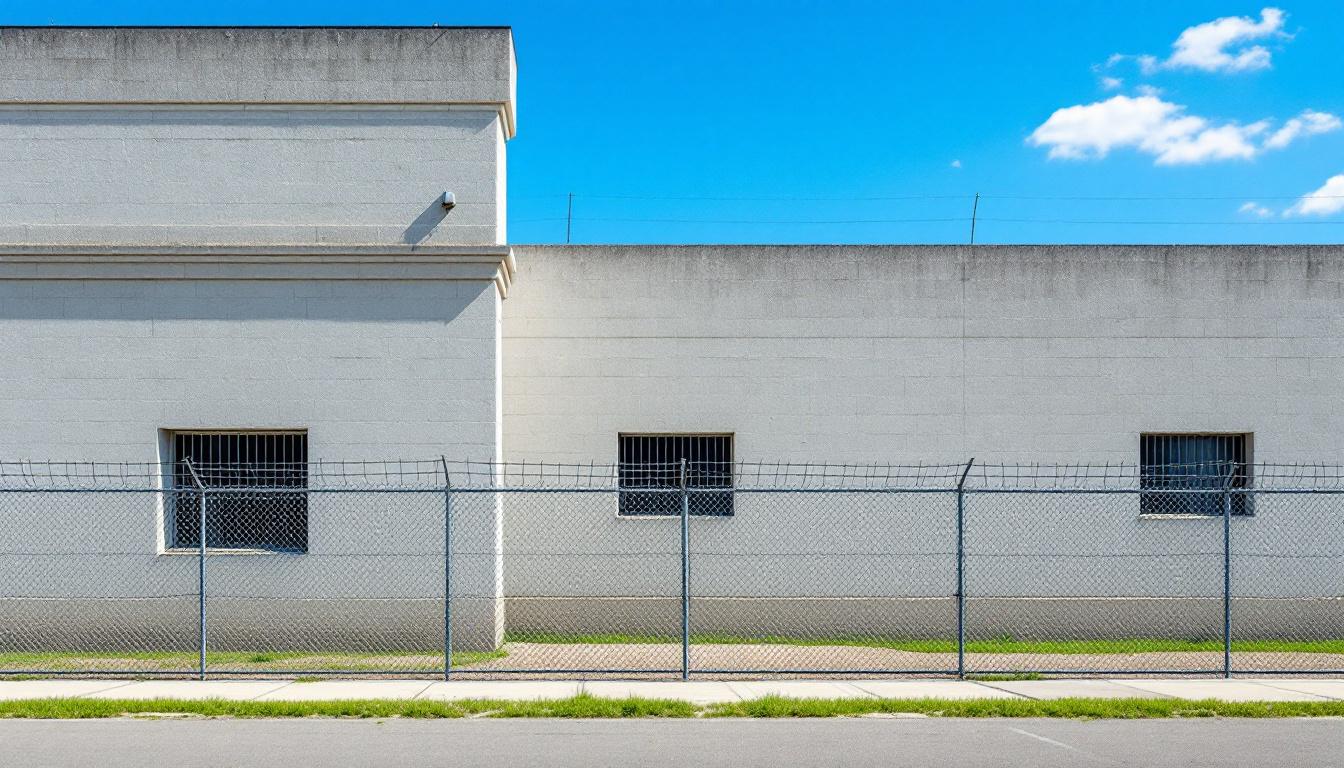
Quick Navigation
How to contact an inmate at North Tower Detention Facility
This comprehensive guide will walk you through how to connect with an inmate at North Tower Detention Facility. Follow the steps below to find an inmate and send letters and photos:
- Search for the inmate using our search tool below
- Create your account or log in to Penmate
- Write your message (up to 6,000 characters)
- Send instantly - inmates receive printed copies daily
Find an Inmate
Search for an inmate to start communicating today
Tip: You can search by first name, last name, or inmate ID number
To contact a person at North Tower Detention Facility start by searching for the person on the facility website. Perform a search by following these steps:
- Step 1: Enter their first name and last name into the search form and click "Search"
- Step 2: Locate their inmate record
- Step 3: Write down their Inmate ID and any housing information provided
Important! Be sure to enter the person's full name. Nicknames should not be used.
How to Send Messages to Inmates

You can use your phone or computer to send emails, letters, and photos to an inmate. Messages are sent electronically to inmate tablets or kiosks at the facility. If you would like to send a message, start by searching for an inmate at North Tower Detention Facility.
Sending Photos and Postcards

A great way to send love and support to a loved one at North Tower Detention Facility is to send photos and postcards. It only takes a few minutes to send photos from your phone and it makes a huge difference. You can also mail postcards with words of support and inspiration, or design your own postcard for special moments like birthdays and holidays.
Important! Be sure not to send any explicit photos or they may not be approved by the facility. You can also use a photo printing app like Penmate to make sure your photos are printed at the correct size (4x6 or 3x5) and are mailed according to the rules and regulations of North Tower Detention Facility.
Frequently asked questions about North Tower Detention Facility
-
How long does it take to deliver a message?
If you're sending an email message your letter is usually delivered within 24-48 hours. For messages sent via mail you should expect delivery within 3-7 days. All messages will need be approved by North Tower Detention Facility.
-
How much does it cost to send a message to North Tower Detention Facility?
You can send a message free using your phone or mail a message via USPS for the price of a $0.60 stamp and envelope. You can also purchase credits or e-stamps from services starting at $1.99.
-
What services can I use to contact an inmate at North Tower Detention Facility?
Penmate
You can use Penmate to send letters and photos to an inmate from your phone. It's an easy way to stay in touch during your loved one's incarceration. Use the inmate locator to find an inmate's location and contact information, then you can send messages within a few minutes.
Securus messaging
Securus may be another option for communicating with an inmate at North Tower Detention Facility. You can create a friends and family account and purchase credits to send messages. All messages will be reviewed and must be approved by the facility.
JPay
Some county jails and state prisons may support sending messages with JPay. You must register an account with the system, find your loved one, and purchase stamps to send messages. For some locations you can also attach photos.
Smart Jail Mail
You may also check if Smart Jail Mail is available at North Tower Detention Facility. Smart Jail Mail is operated by Smart Communications and has contracted with some state and county jails. After purchasing credits, your messages and photos are sent to the facility, printed out, and then handed out to your loved one.
-
What is the mailing address of North Tower Detention Facility?
Mailing address:
North Tower Detention Facility
111 W Commerce St
Dallas, TX 75208
Phone: (214) 761-9025Business hours:
- Monday: 2:00 – 10:30 PM
- Tuesday: 2:00 – 10:30 PM
- Wednesday: 2:00 – 10:30 PM
- Thursday: 2:00 – 10:30 PM
- Friday: 2:00 – 10:30 PM
- Saturday: 8:15 AM – 7:30 PM
- Sunday: Open 24 hours
-
What are the visiting hours at North Tower Detention Facility?
Visiting hours at North Tower Detention Facility vary by housing unit and security level. Generally, visits are scheduled on weekends and holidays, with some facilities offering weekday visits. Contact the facility directly at (214) 761-9025 or check their website for the current visiting schedule. Visits typically last 30-60 minutes and must be scheduled in advance.
-
What items are prohibited when sending mail to North Tower Detention Facility?
Prohibited items typically include: cash, personal checks, stamps, stickers, glitter, glue, tape, staples, paperclips, polaroid photos, musical or blank greeting cards, hardcover books, magazines with staples, and any items containing metal or electronics. Only send letters on plain white paper with blue or black ink. Photos must be printed on regular photo paper (no Polaroids). Always check with North Tower Detention Facility for their specific mail policies.
-
How do I send money to an inmate at North Tower Detention Facility?
You can send money to an inmate at North Tower Detention Facility through several methods: 1) Online using JPay, Access Corrections, or the facility's approved vendor, 2) Money orders mailed directly to the facility with the inmate's name and ID number, 3) Kiosks located in the facility lobby, or 4) Over the phone using a credit or debit card. Fees vary by method, typically ranging from $2.95 to $11.95 per transaction.
-
Can I schedule a video visit with an inmate at North Tower Detention Facility?
Many facilities now offer video visitation as an alternative to in-person visits. At North Tower Detention Facility, video visits may be available through services like Penmate, Securus Video Connect, GTL, or ICSolutions. Video visits typically cost $10-20 for 20-30 minutes and must be scheduled in advance. You'll need a computer or smartphone with a camera and reliable internet connection. Contact the facility for their specific video visitation policies and approved vendors.
-
What identification do I need to visit an inmate at North Tower Detention Facility?
All visitors must present valid government-issued photo identification such as a driver's license, state ID, passport, or military ID. Minors must be accompanied by a parent or legal guardian who can provide the minor's birth certificate. Some facilities require visitors to be on the inmate's approved visitation list, which may require a background check. Contact North Tower Detention Facility for specific ID requirements and visitor approval procedures.
-
How can I find out an inmate's release date?
To find an inmate's release date at North Tower Detention Facility, you can: 1) Use the online inmate search tool if available, 2) Call the facility's records department, 3) Contact the inmate's case manager or counselor, or 4) Have the inmate provide this information during a call or visit. For privacy reasons, some facilities only release this information to immediate family members.
Facility Overview
Contact Information
North Tower Detention Facility111 W Commerce St
Dallas, TX 75208
Phone: (214) 761-9025
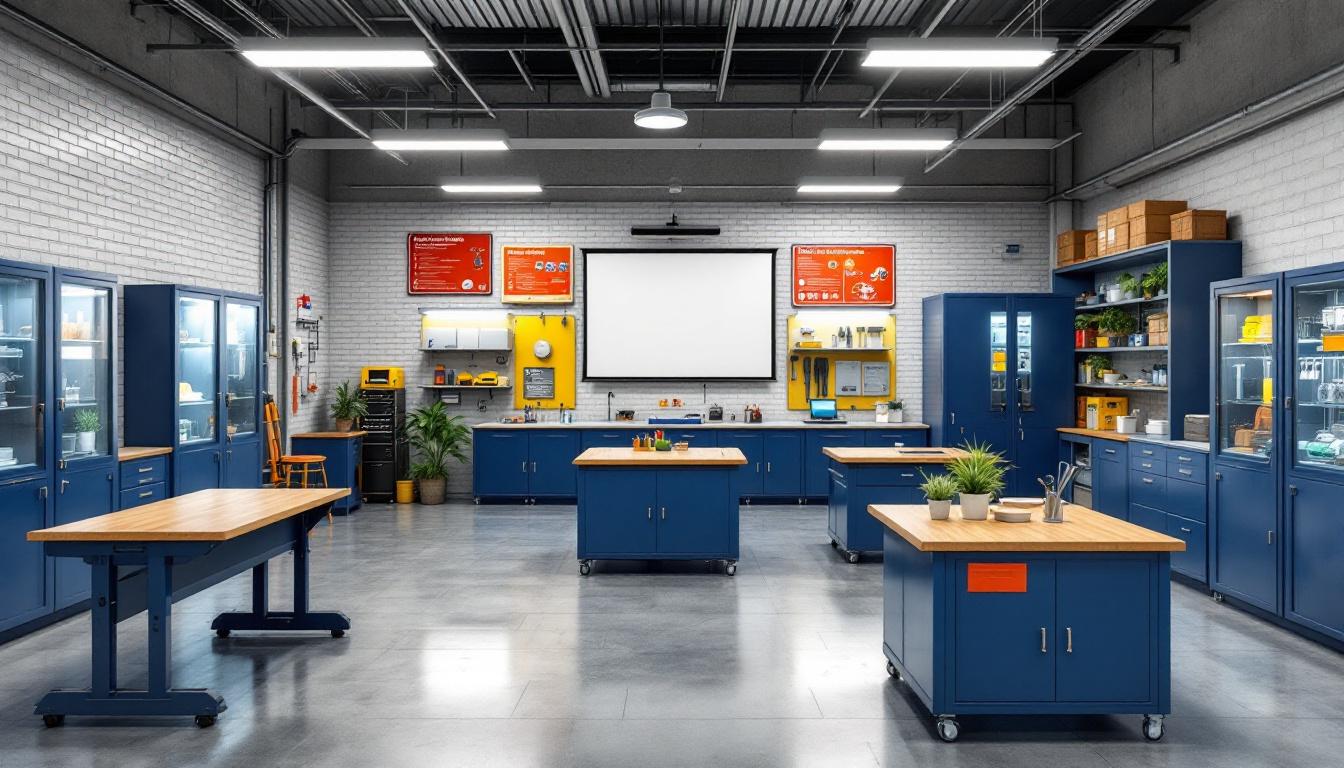
About North Tower Detention Facility
County jails throughout Alabama serve as critical components of local law enforcement infrastructure, and Dallas County Jail, AL exemplifies this essential role within the heart of the Black Belt region. Positioned in Selma, a city steeped in civil rights history and situated along the Alabama River, this AL correctional facility operates within a community where historical significance intersects with contemporary public safety needs. The facility typically manages individuals awaiting trial, those serving shorter sentences, and defendants requiring secure housing during various stages of the judicial process, contributing to the broader framework of justice administration in Dallas County.
Geographic location plays a significant role in shaping how correctional facilities serve their communities, and Selma's position in central Alabama creates unique considerations for facility operations. The population services extend beyond simple detention, as county jails generally provide essential functions including medical screening, mental health assessments, and coordination with local courts and legal representatives. Staff members typically work to maintain secure environments while facilitating necessary legal proceedings, family communications, and basic rehabilitative programming that may include educational opportunities, substance abuse counseling, and vocational training designed to support successful community reintegration.
The facility's contribution to public safety and rehabilitation reflects broader trends in modern correctional philosophy, where county-level institutions increasingly emphasize preparing individuals for their return to the community. Programs often focus on addressing underlying issues that may have contributed to criminal behavior, including addiction treatment, anger management, and basic life skills development. Through collaboration with local social services, faith-based organizations, and community groups, the jail typically works to create pathways for successful reentry, recognizing that effective rehabilitation serves both individual needs and broader community safety interests throughout the Dallas County region.
Programs & Services
Through comprehensive programming designed to address the multifaceted needs of incarcerated individuals, Dallas County Jail emphasizes rehabilitation and preparation for successful community reintegration. The facility's approach recognizes that meaningful support extends beyond basic detention services, encompassing educational advancement, vocational skill development, and therapeutic interventions that foster personal growth. This holistic framework typically enables the population to engage with resources that may supply both immediate stability and long-term foundations for positive life changes.
Educational programs serve as cornerstone offerings, providing opportunities for academic advancement and intellectual development within the facility environment. These initiatives often include basic literacy instruction, high school equivalency preparation, and continuing education opportunities that allow participants to pursue learning objectives aligned with their individual goals. The structured nature of these educational services may supply participants with essential credentials while simultaneously developing critical thinking skills and study habits that prove valuable upon release.
Work release programs represent a particularly significant component of the facility's supportive framework, as they typically allow eligible individuals to maintain employment connections while serving their sentences. Additionally, faith-based programs offer spiritual guidance and community support networks that many participants find instrumental in their personal transformation journey. Vocational training in specialized areas such as barbering, cosmetology, and printing may supply practical skills that translate directly into employment opportunities, while these hands-on programs often include mentorship components that strengthen the connection between skill acquisition and successful reentry into society.
Daily Life & Visitation
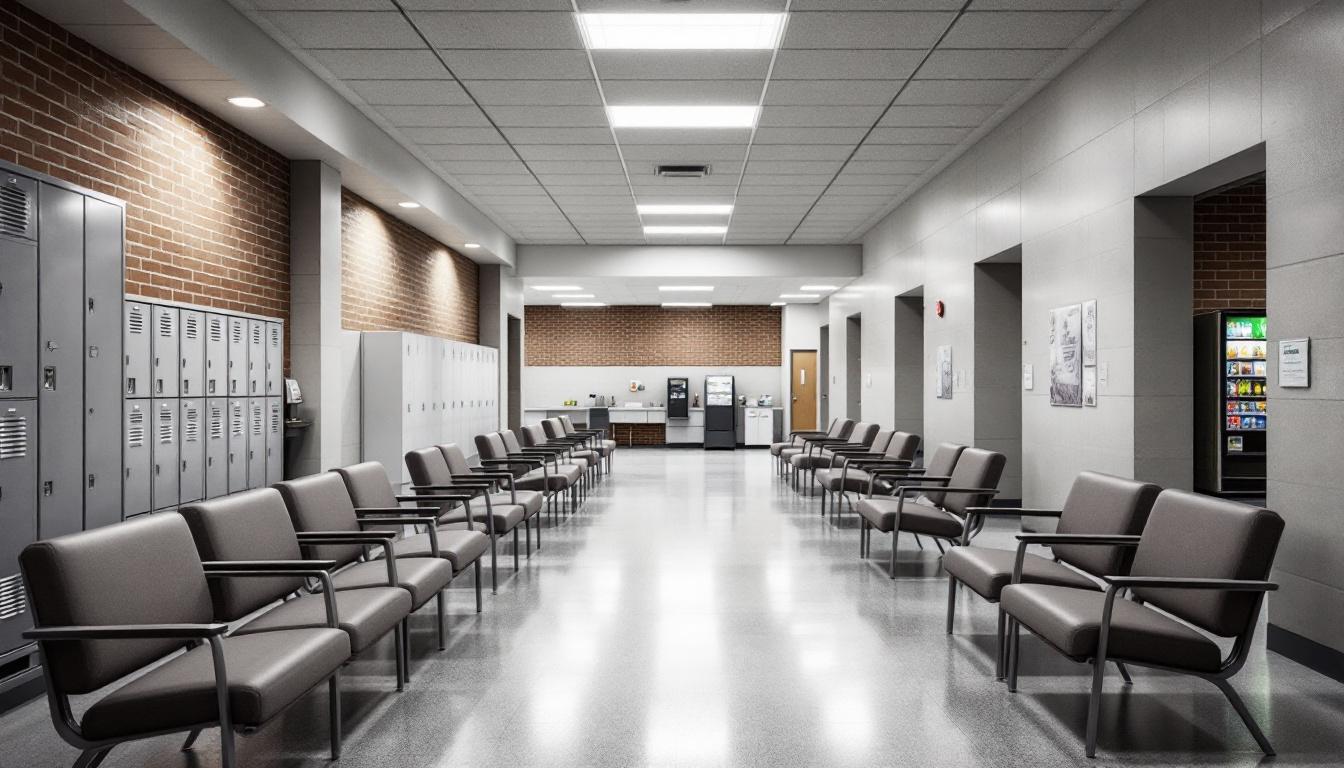
Systematic organization forms the backbone of every interaction and movement within Dallas County Jail, where carefully structured protocols guide the population through each day's activities. Today's routine typically begins with early morning counts and meal service, followed by consistently scheduled periods for housing unit activities, potential work assignments, and structured programming. The facility generally operates on a predictable schedule that supplies stability while accommodating the security requirements necessary for maintaining order throughout the various housing areas.
Living accommodations within the facility typically consist of dormitory-style housing units and individual cells, depending on classification levels and available space. The population generally shares common areas within their designated housing units, where they may access television viewing areas, tables for meals and activities, and basic recreational equipment. Personal property allowances usually include essential items such as clothing, hygiene products, and limited personal effects, while the commissary system typically provides additional items for purchase to supplement basic necessities provided by the facility.
Additionally, structured programming schedules often include educational opportunities, substance abuse counseling, and religious services that supply meaningful activities during incarceration. While recreational opportunities may be somewhat limited due to space constraints, the population typically has access to outdoor recreation areas and indoor exercise equipment during designated periods. Family connections remain vital through scheduled visitation programs and telephone privileges, which generally allow regular contact with loved ones while maintaining appropriate security protocols throughout the communication process.
Ready to Connect?
Start communicating with your loved one today
Search for an Inmate
